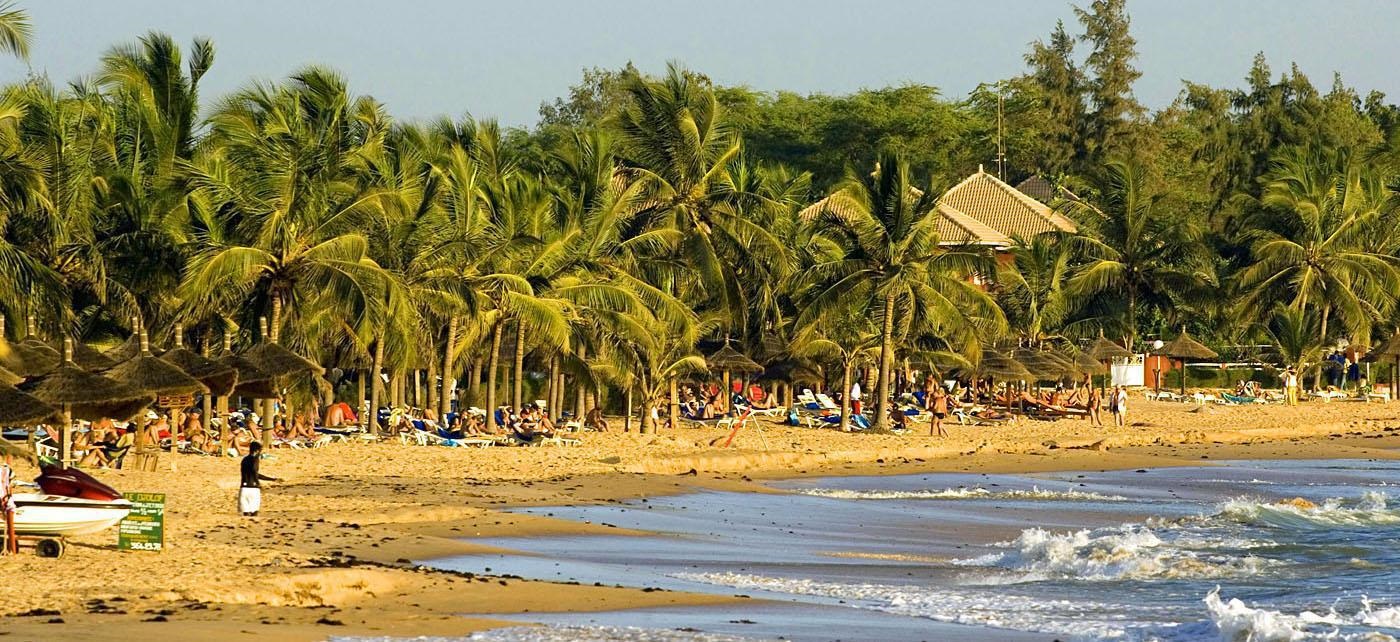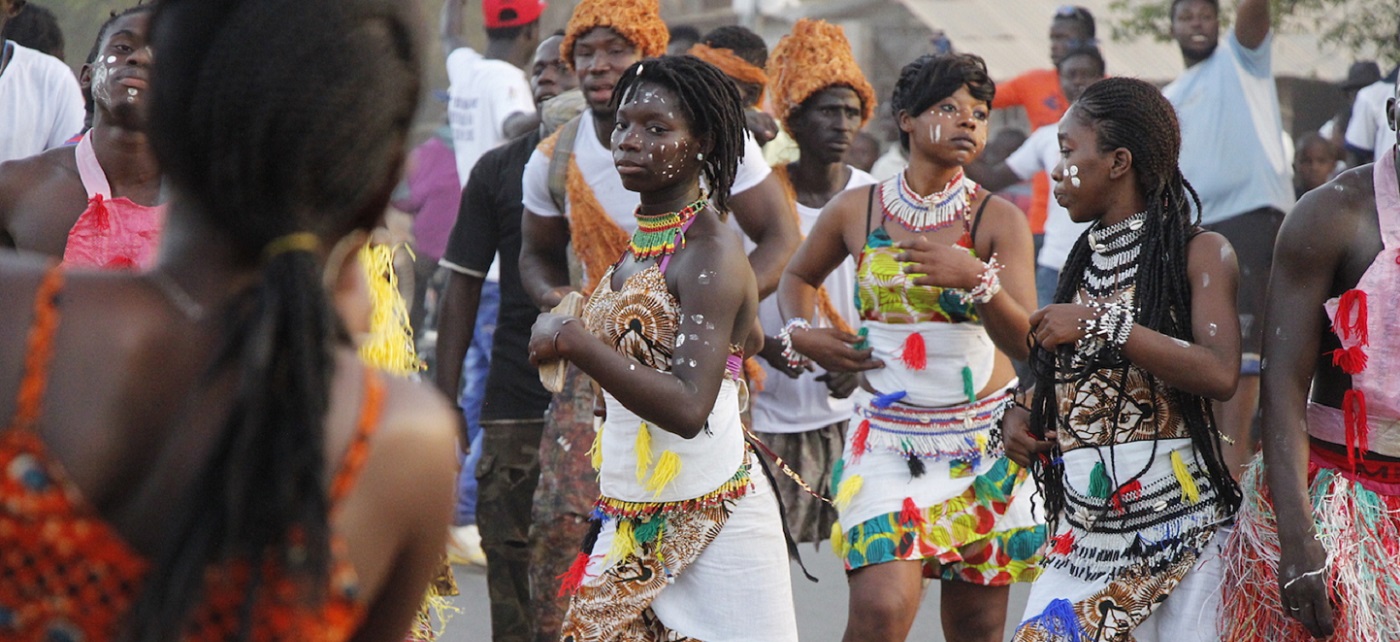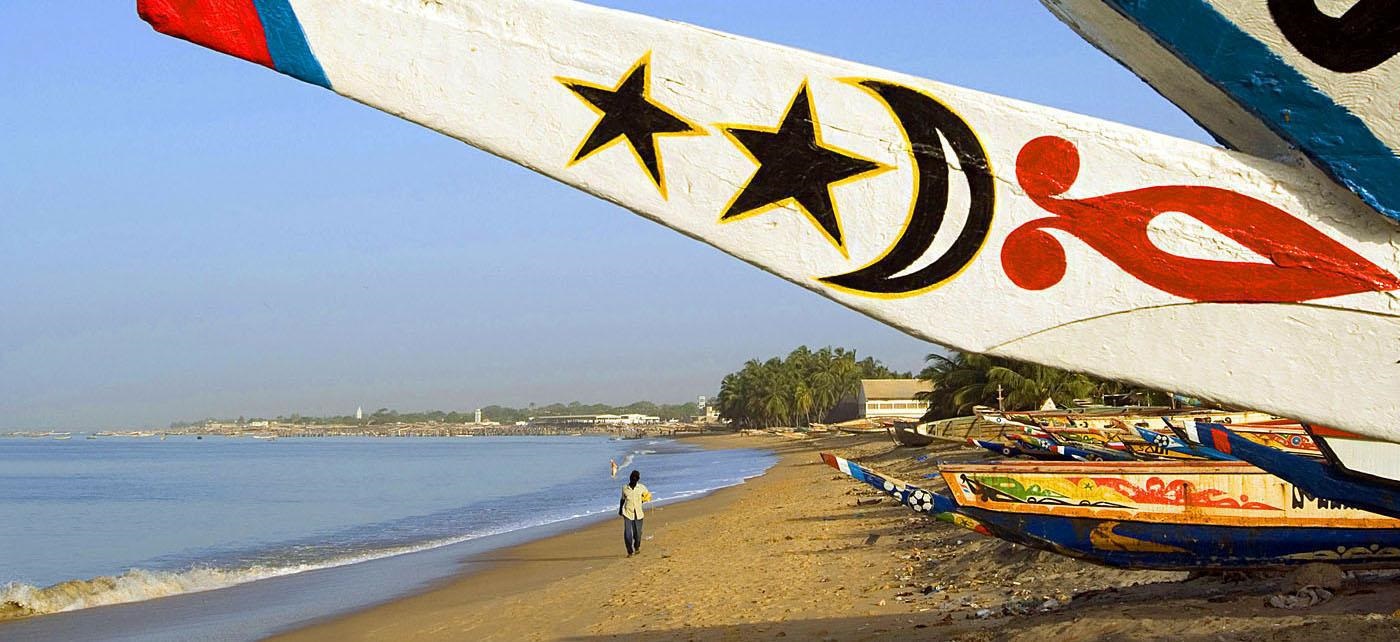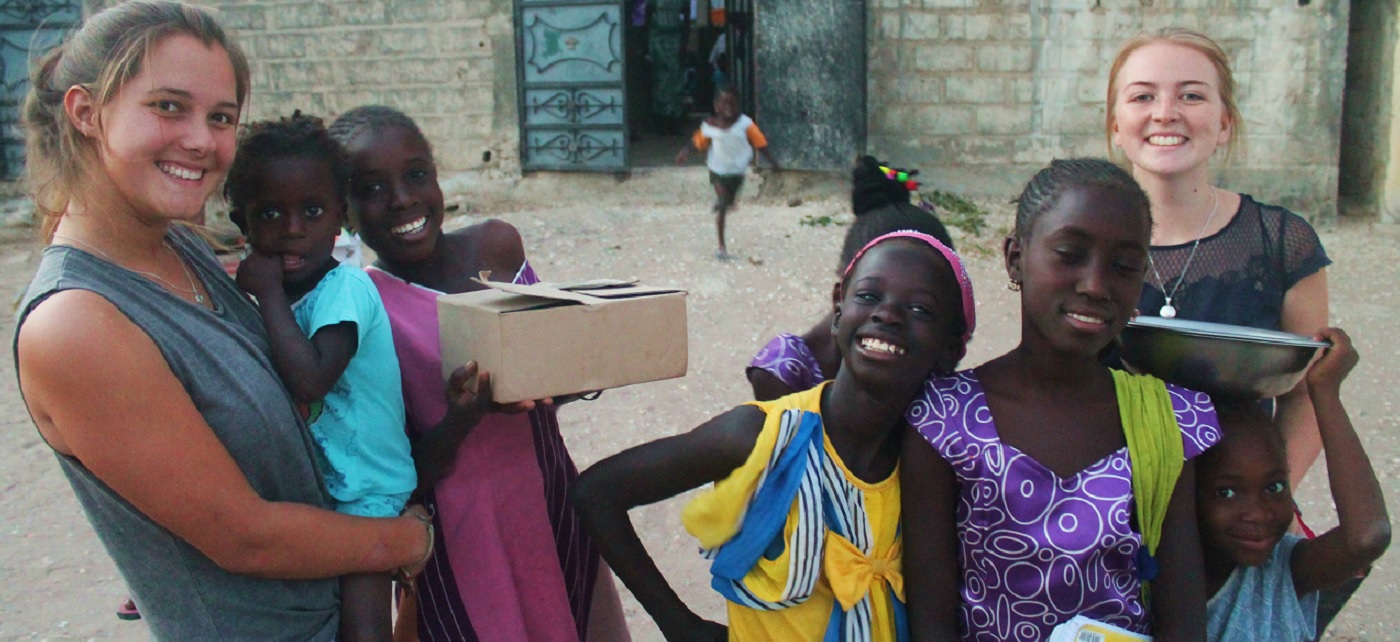Senegal, officially the Republic of Senegal is a country south of the Senegal River in western Africa. It owes its name to the river that borders it to the East and North and that originates from the Fouta Djallon in Guinea. Senegal is externally bounded by the Atlantic Ocean to the west, Mauritania to the north, Mali to the east, and Guinea and Guinea-Bissau to the south; internally it almost completely surrounds The Gambia, namely on the north, east and south, exempting Gambia's short Atlantic Ocean coastline. Senegal covers a land area of almost 197,000 square kilometers, and has an estimated population of about 14 million. The climate is tropical with two seasons: the dry season and the rainy season.
Dakar, the capital city of Senegal, is located at the westernmost tip of the country on the Cap-Vert peninsula. About 500 kilometers off the coast, in the Atlantic Ocean, lay the Cape Verde Islands. During the 17th and 18th centuries, numerous trading posts, belonging to various colonial empires, were established along the coast. The town of St Louis became the capital of French Western Africa before it was moved to Dakar in 1902. Dakar later became its capital in 1960 at the time of independence from France.
The origin of the name Senegal is controversial. One possible source is in 1850 in the Abbot David Boilat's Esquisses sķnķgalaises ("Senegalese Sketches"), one sees a deformation of the wolof phrase su±u gaal, which means "our canoe". This is the version most often relayed in the media. This theory has been contested since the 1960s, and other etymologies have been advanced; for example, some state that the name is connected to that of a Berber tribe from the Sahara, the Zenaga. The scientific debate tends to favor the Zenaga theory today.
Senegal's musical heritage is better known than that of most African countries, due to the popularity of mbalax, which is a form of Wolof percussive; it has been popularized by Youssou N'Dour. Sabar drumming is especially popular. The sabar is mostly used in special celebrations like weddings. Another instrument, the tama, is used in more ethnic groups. Other popular Senegalese musicians are Ismael L¶, Orchestra Baobab, Baba Maal, Thione Seck, Akon, Viviane, Titi, and Pape Diouf.
The Senegal Diaspora Football team represents Senegal in the Diaspora World Cup. This 2011 will be their first appearance.
Last Update: December 2010



